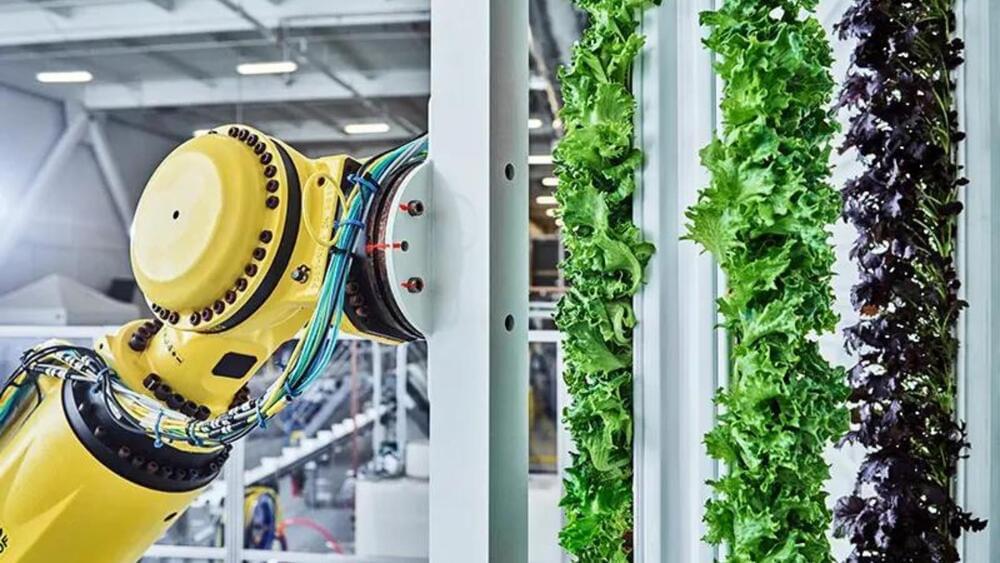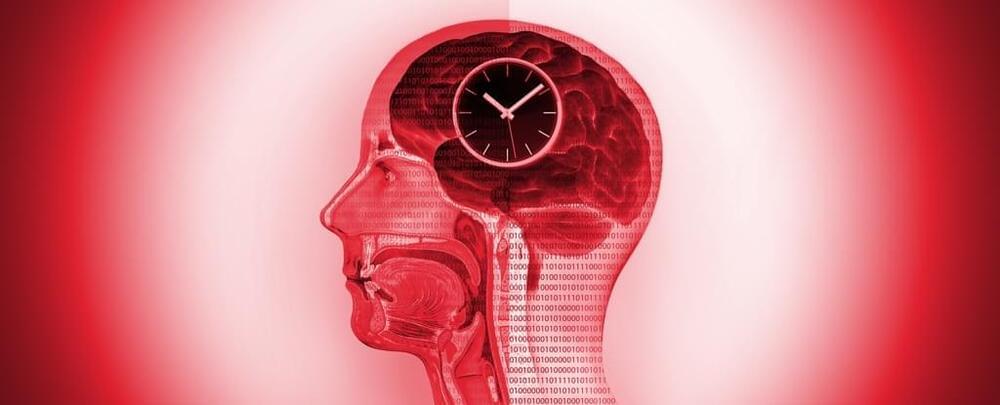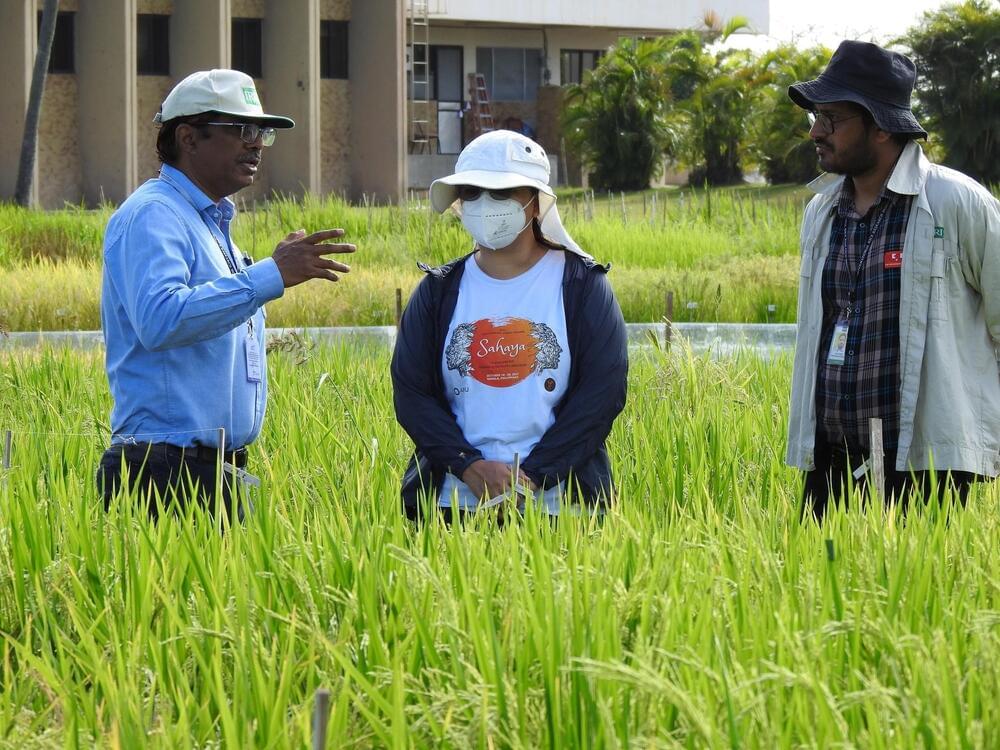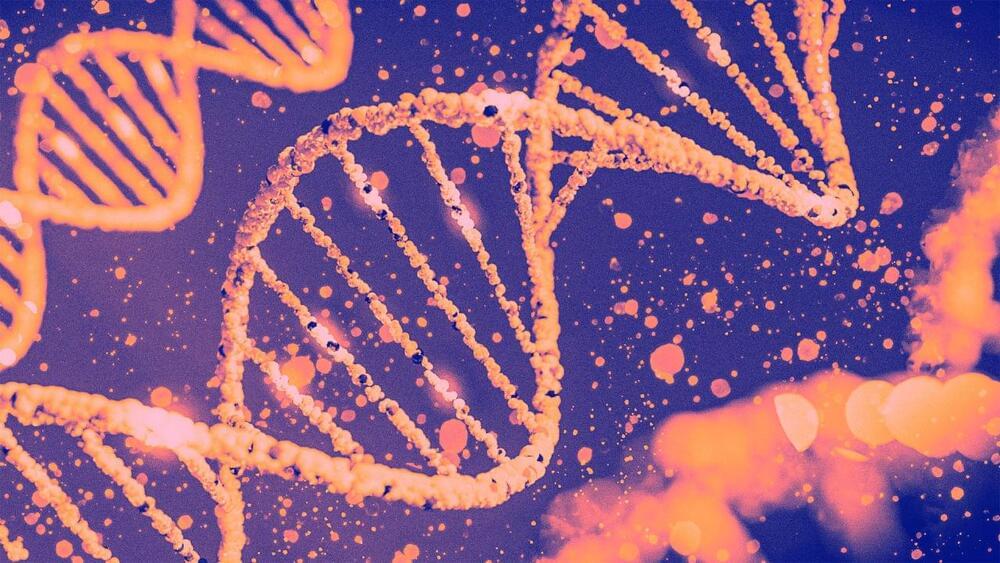With more of us looking for alternatives to eating animals, new research has found a surprising environmentally friendly source of protein – algae.
The University of Exeter study has been published in The Journal of Nutrition and is the first of its kind to demonstrate that the ingestion of two of the most commercially available algal species are rich in protein which supports muscle remodeling in young healthy adults. Their findings suggest that algae may be an interesting and sustainable alternative to animal-derived protein with respect to maintaining and building muscle.
Researcher Ino Van Der Heijden from the University of Exeter said: “Our work has shown algae could become part of a secure and sustainable food future. With more and more people trying to eat less meat because of ethical and environmental reasons, there is growing interest in nonanimal-derived and sustainably produced protein. We believe it’s important and necessary to start looking into these alternatives and we’ve identified algae as a promising novel protein source.”









